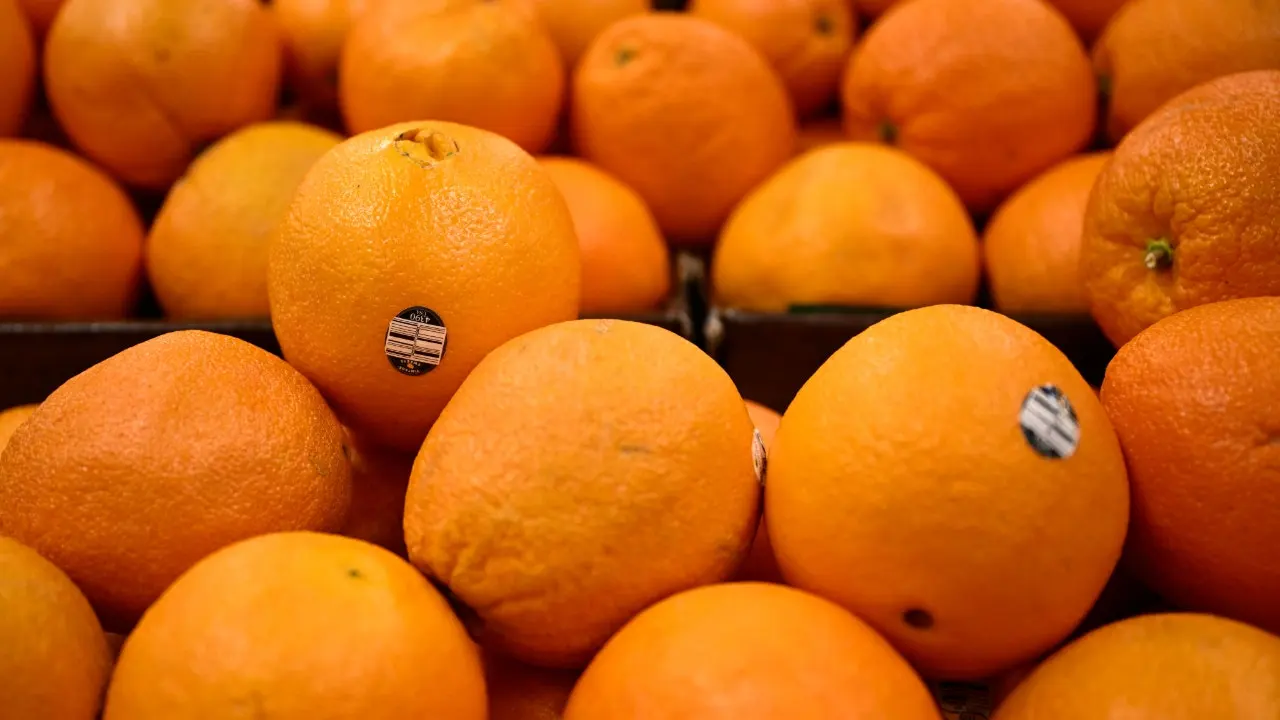Orange juice makers consider using alternative fruit as prices skyrocket
Orange juice makers consider using alternative fruit as prices skyrocket

Orange juice makers consider using alternative fruit as prices skyrocket

A global shortage of oranges that sent prices soaring has prompted some orange juice manufacturers to consider turning to alternative fruits to make the breakfast staple.
...
"There are three main factors driving the soaring price of orange juice, and it's drought, disease and demand," Ted Jenkin, oXYGen Financial CEO and co-founder, told FOX Business.
The spike stems from declining output in Florida, which is the primary U.S. producer, and disease and extreme weather events in Brazil, which accounts for about 70% of global production.
Orange trees in Brazil have been suffering from a disease known as citrus greening. Once infected, citrus trees produce fruits that are partially green, small, misshapen and bitter. There is no cure, and trees typically die within a few years of infection.
The disease, along with severe heat waves and drought that occurred during the pivotal phases of flowering and early fruit formation, have put Brazil on track to register one of its worst orange harvests in more than three decades, according to a new report published by Fundecitrus and CitrusBR.
...
In the past, orange juice makers have avoided long-term shortages by freezing juice stock, which can be preserved and used for up to two years, according to the Financial Times. However, even that frozen stock is dissipating because of a three-year shortage build-up.
Cools said that manufacturers may have to consider using a different fruit, like mandarins, because their trees are more resistant to the greening disease. However, that could be a lengthy process.